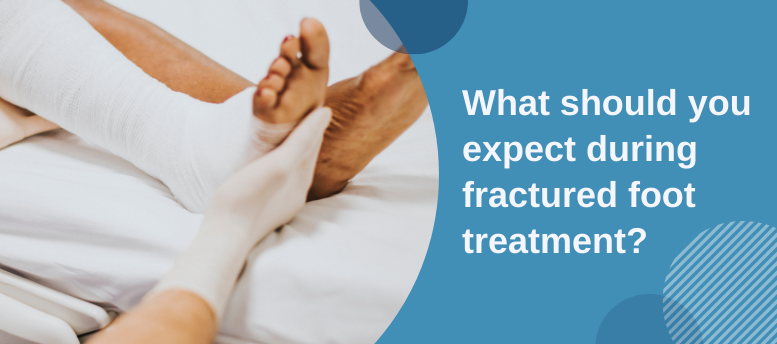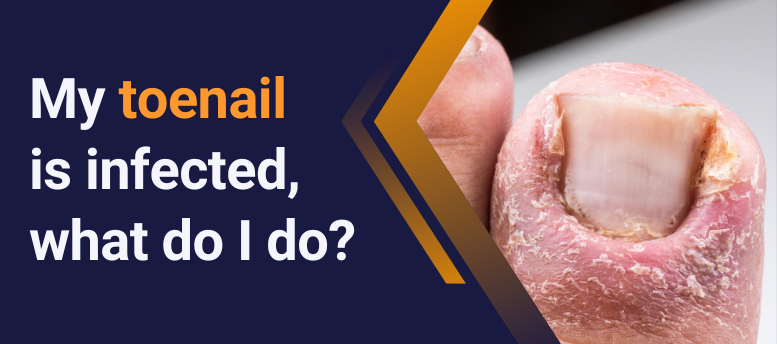Swollen feet are a common concern, but many people may not understand the full scope of what this condition means for their health. If you’ve ever experienced swelling in your feet, you’re not alone. This issue can be caused by a variety of factors, some of which may be harmless, while others could indicate more serious underlying health conditions. So, are swollen feet dangerous? Let’s dive into the causes, risks, and when you should seek medical attention to make sure you stay on top of your health.
What Are Swollen Feet and Why Do They Happen?
Swollen feet, also known as edema, occur when excess fluid accumulates in the tissues of the feet, causing them to become enlarged and puffy. This fluid buildup can be localized to the feet or affect the legs, ankles, or even the entire lower extremities. While a certain degree of swelling is normal after standing or sitting for extended periods, it can also be a sign of an underlying health issue.
Overview of Potential Risks Associated with Swollen Feet
While occasional swelling may not be serious, persistent or sudden swelling of the feet should never be ignored. Swollen feet can indicate a variety of health conditions, ranging from mild to potentially life-threatening. If left unaddressed, certain causes of swollen feet, such as poor circulation, blood clots, or heart problems, may worsen over time.
Common Causes of Swollen Feet
Swollen feet can result from several causes, including:
- Pregnancy: Hormonal changes and increased fluid retention during pregnancy can lead to swelling in the feet.
- Injury: Sprains, fractures, or other injuries can cause localized swelling in the feet.
- Poor Circulation: Conditions like venous insufficiency or varicose veins can impair blood flow and lead to swelling.
- Heart Disease: A weakened heart may struggle to pump blood effectively, resulting in fluid buildup in the lower extremities.
- Kidney Disease: Impaired kidney function can affect the body’s ability to remove excess fluid.
- Infections or Inflammation: Conditions such as cellulitis or arthritis can cause swelling, especially if the feet are infected or inflamed.
Are Swollen Feet Dangerous?
In many cases, swollen feet are not dangerous and are the result of temporary factors such as pregnancy, standing for long periods, or minor injuries. However, if the swelling is accompanied by pain, redness, or warmth, it could be a sign of a more serious issue, such as a blood clot or an infection. The swelling could also indicate systemic health conditions that require immediate medical attention.
When Should You Be Concerned About Swollen Feet?
You should seek medical attention if you notice the following symptoms:
- Persistent Swelling: If the swelling does not subside after rest or elevation, it’s time to consult a podiatrist.
- Pain or Tenderness: Painful swelling could indicate an injury or a more serious condition, like a blood clot or infection.
- Breathing Difficulties: Swelling in the feet that is accompanied by shortness of breath, chest pain, or dizziness could point to a heart issue and should be treated as an emergency.
- Redness or Warmth: This could be a sign of an infection or inflammation in the affected area.
When Should You Go to the Hospital for Swollen Feet and Legs?
The swelling may require a hospital visit if it is severe or associated with serious symptoms like sudden chest pain, difficulty breathing, or extreme discomfort. Conditions like heart failure or deep vein thrombosis (DVT) can cause rapid, severe swelling and require immediate treatment to prevent complications.
When Should You Go to the ER for Swollen Feet?
If you experience swelling that is accompanied by any of the following, go to the ER right away:
- Severe pain or sudden discomfort
- Difficulty walking or bearing weight on the foot
- Swelling that develops rapidly or unexpectedly
- Symptoms of a stroke, such as weakness on one side of the body, slurred speech, or vision changes
- High fever along with swelling, suggesting an infection
Swollen Foot with Pain: Should You Go to Urgent Care?
If you have swollen feet along with pain but without the more serious symptoms described above, an urgent care center may be the right place to seek help. A podiatrist in Reno or a professional at an urgent care center can evaluate your symptoms, provide an accurate diagnosis, and recommend the appropriate treatment for your condition.
How Long Is Too Long for a Swollen Foot?
If your foot has been swollen for more than a few days or if the swelling shows no signs of improvement, it’s essential to seek medical attention. Chronic swelling can sometimes be a sign of long-term health issues, such as heart or kidney problems. Prolonged swelling that does not improve with at-home remedies should be evaluated by a doctor to prevent further complications.
Managing Swollen Feet at Home
While it’s important to get medical advice if the swelling is severe or persistent, there are several things you can do at home to reduce swelling:
-
- Elevate Your Feet: Raise your feet above the level of your heart to allow fluid to drain away from your feet.
- Compression: Wearing compression socks or stockings can help reduce swelling and improve circulation.
- Stay Active: Gentle movement, like walking or ankle rotations, can promote circulation and prevent fluid buildup.
- Ice Therapy: Applying ice packs to swollen areas can reduce inflammation and provide relief from pain.
- Limit Salt Intake: Reducing your sodium intake can prevent fluid retention and decrease swelling.
Conclusion
Swollen feet can be a minor inconvenience, but they can also be a sign of a more serious underlying condition. Understanding the potential risks and causes of swollen feet and knowing when to seek medical attention is crucial for maintaining overall health. Whether you’re experiencing mild swelling or more severe symptoms, visiting a qualified healthcare provider like a podiatrist in Reno can help you get the right treatment. At Urgent Care for Feet, we specialize in diagnosing and treating swollen feet, ensuring that you receive the best care possible.
For more information, feel free to contact us or schedule an appointment to discuss your symptoms and concerns.




